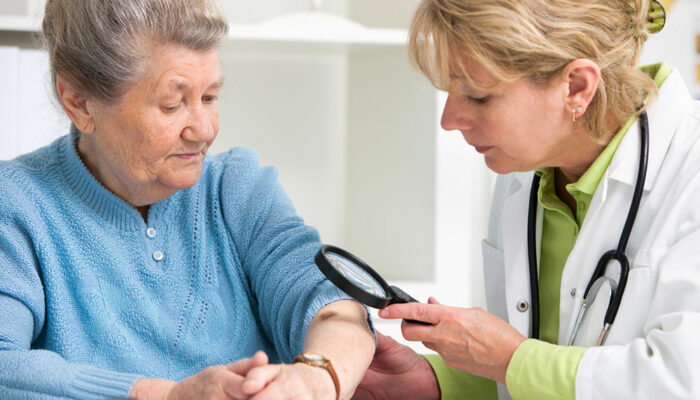
health
5 silent signs of skin cancer
Skin cancer is a serious concern and the most common type of cancer in the country. While many are aware of the more obvious signs, like unusual moles or changes in existing ones, certain silent signs of cancer often go unnoticed. It is crucial to learn about and recognize all the indicators to allow for timely intervention and better management of the disease. So, here are a few silent signs of skin cancer: Persistent itching or pain Skin cancer does not always manifest as a visible mark or mole. In some cases, it may begin as persistent itching or pain in certain spots. Sometimes, the itching sensation may keep returning. One might dismiss it as dryness or irritation, but if the itching or pain persists without an obvious cause, it is essential to consult a dermatologist. This is because skin cancer can sometimes develop beneath the surface before becoming visible. Changes in nail beds The nails can reveal more about skin health than one might think. Skin cancer can develop in the tissues surrounding the nails, causing subtle changes, like unusual dark streaks, discoloration, or growths under the nails. These can be signs of melanoma, a particularly aggressive form of skin cancer.
Read More 








